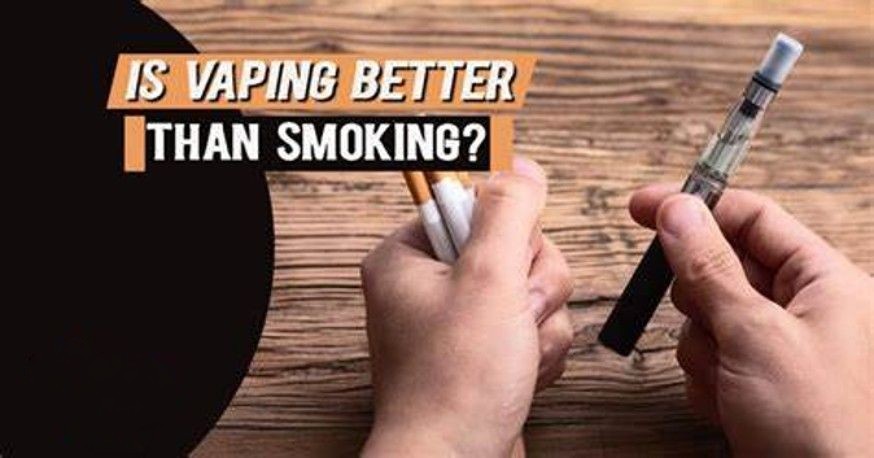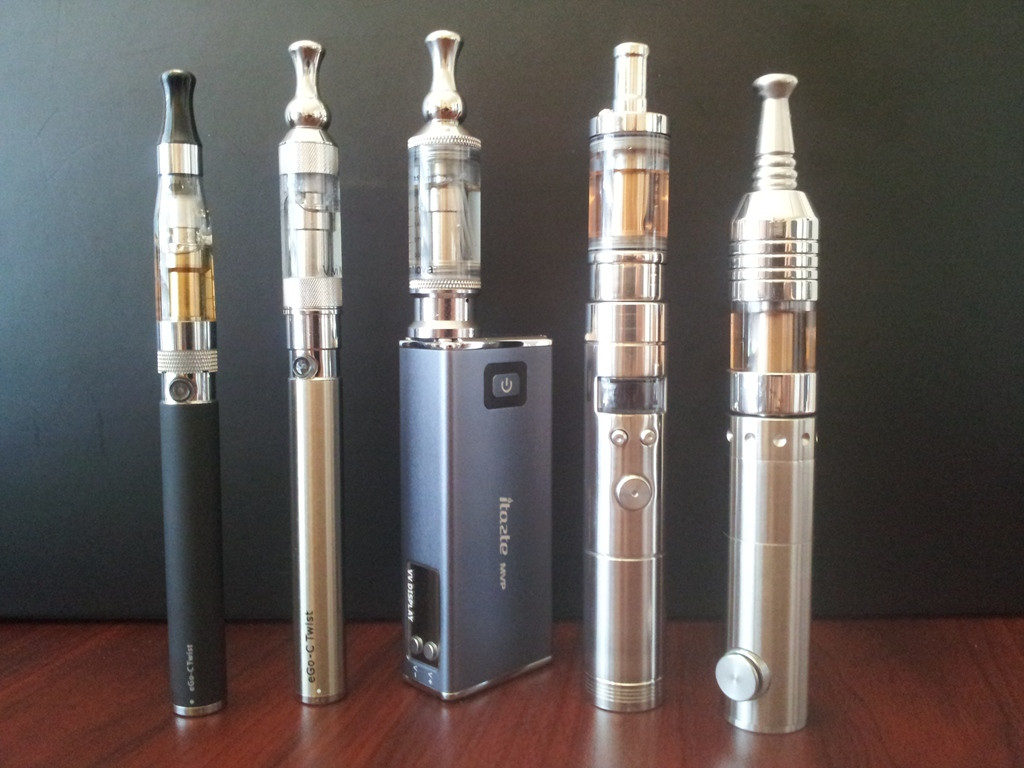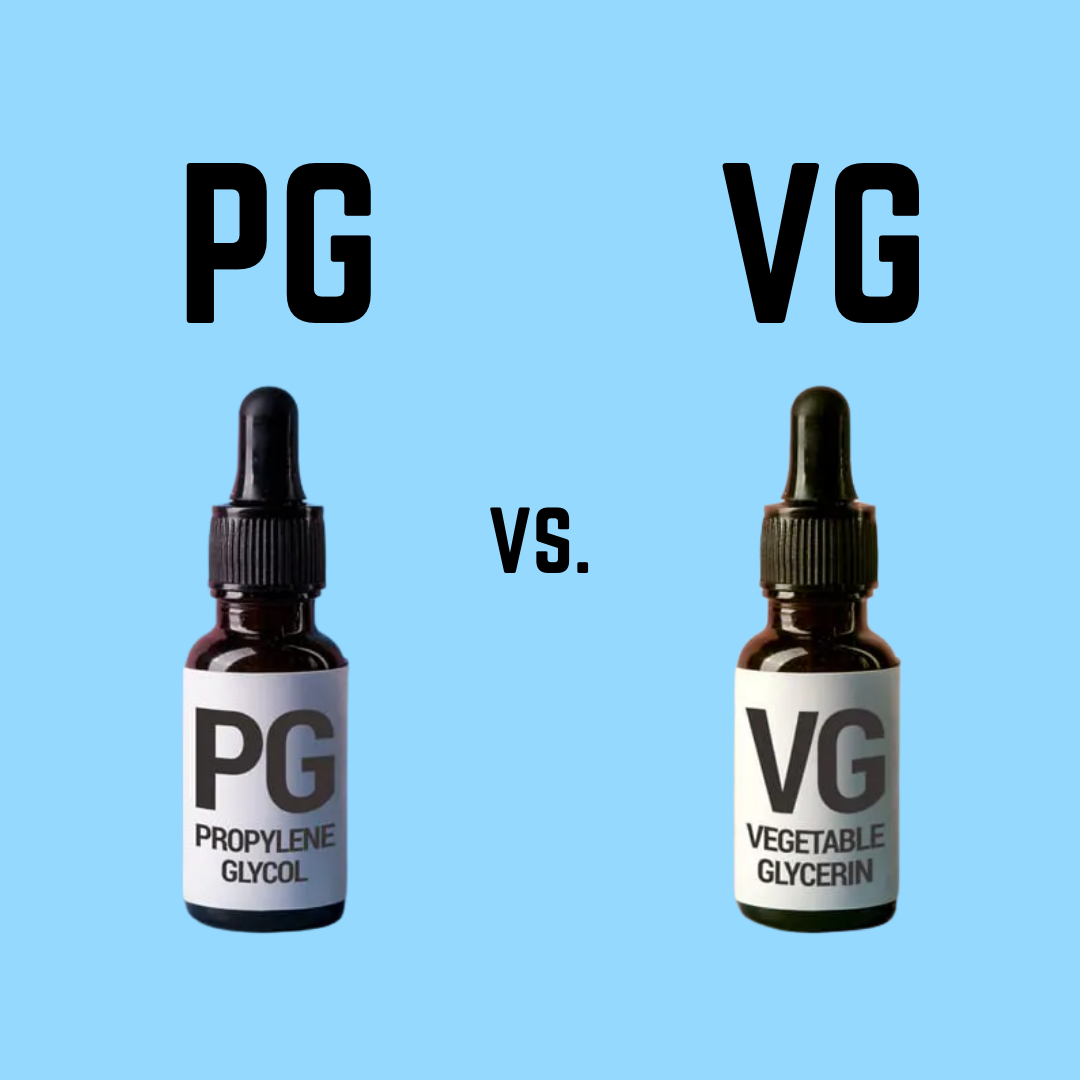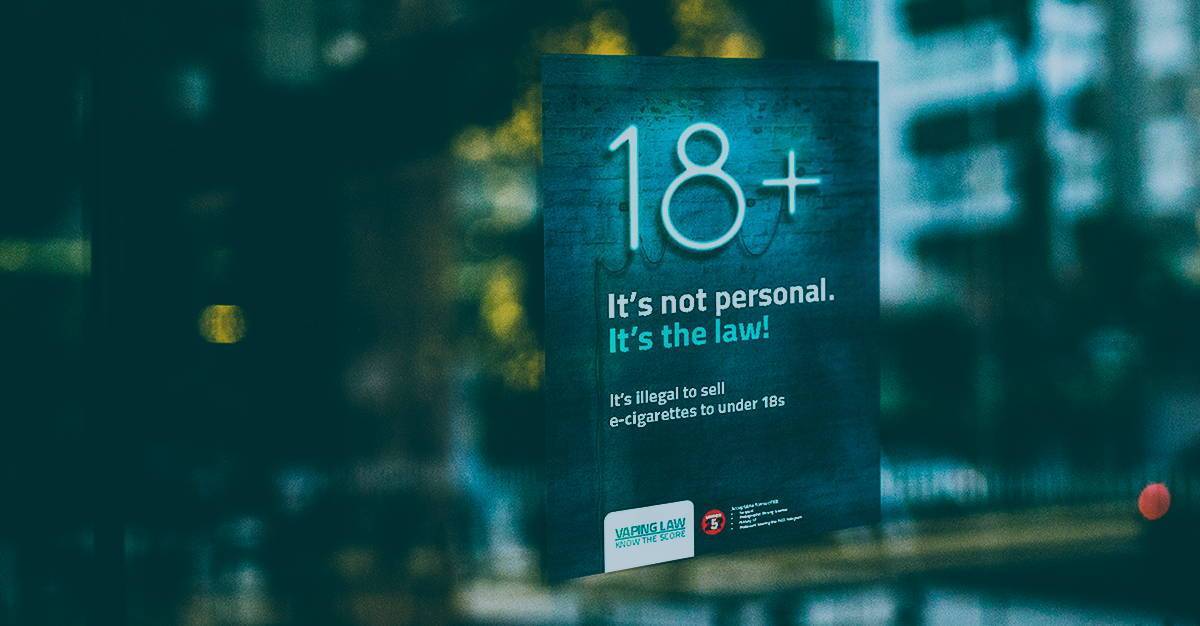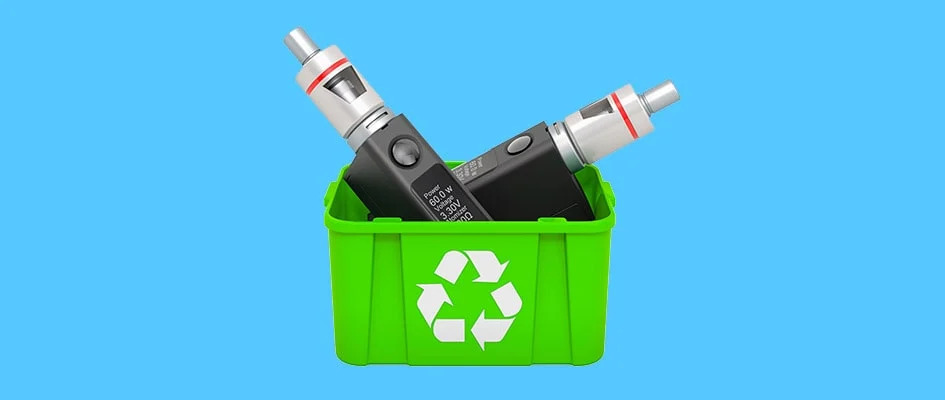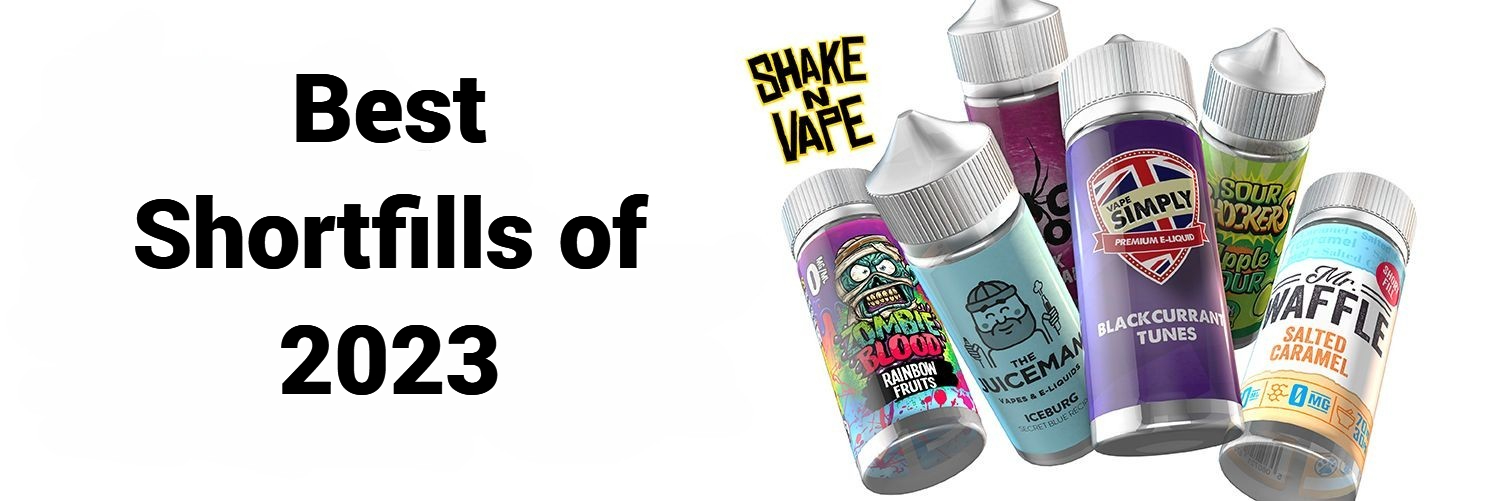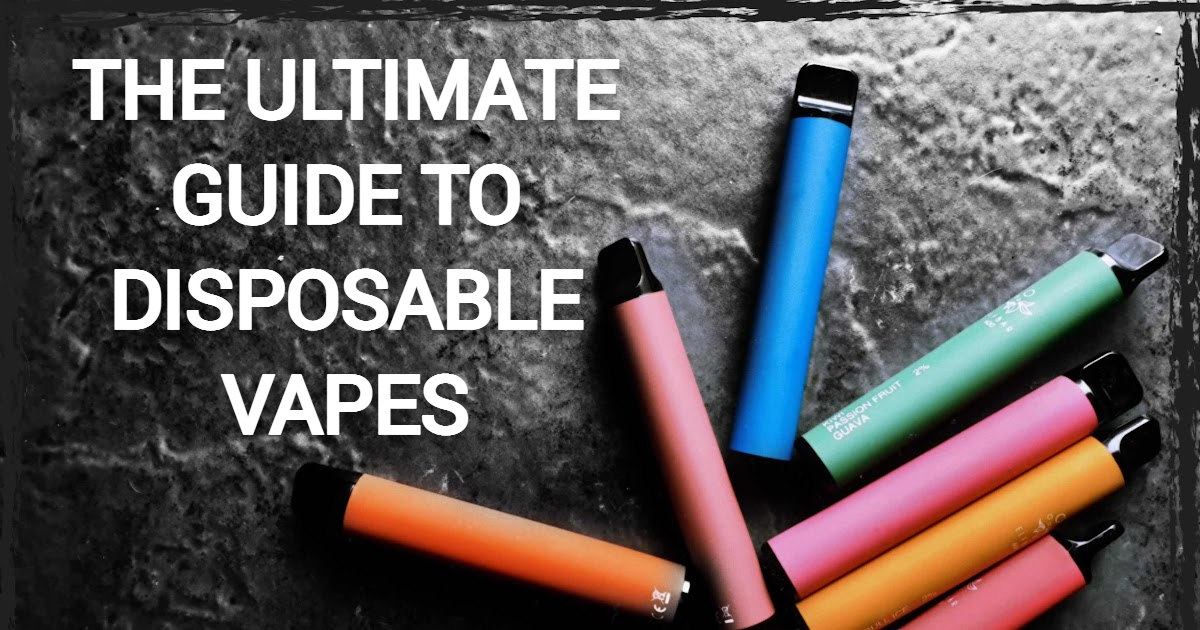5 Common CBD Myths Debunked
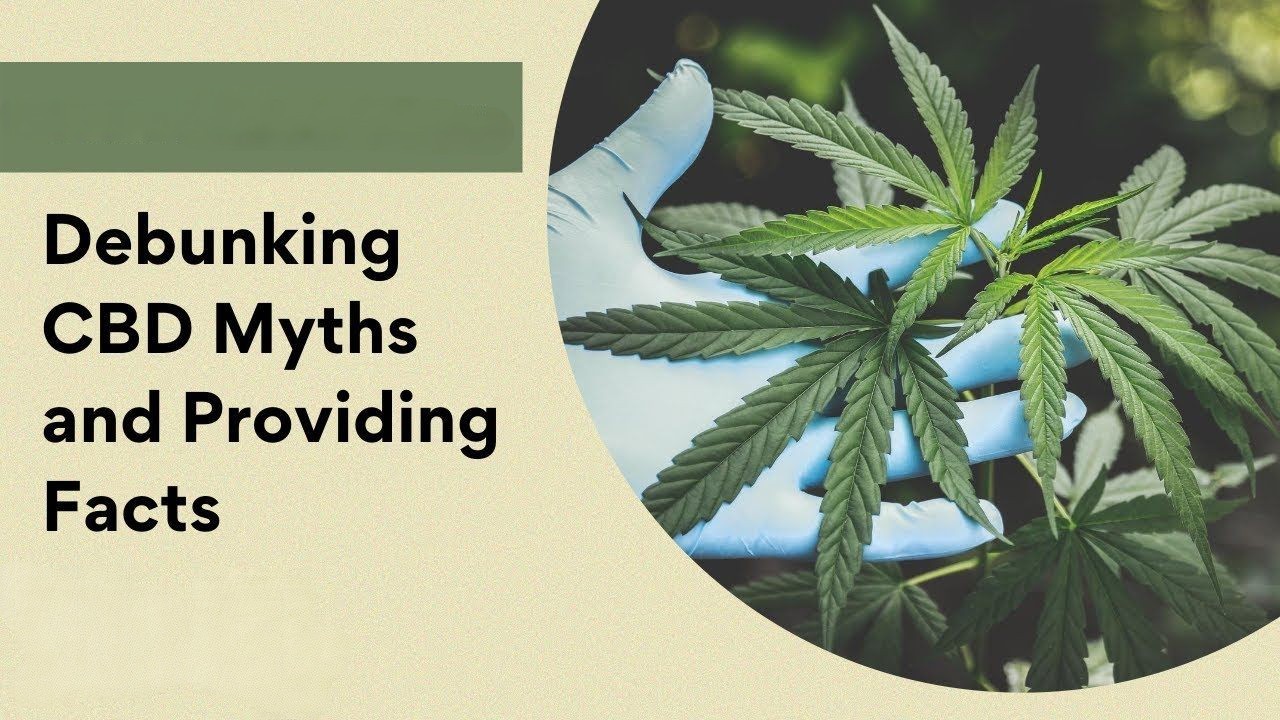
Due to the steep rise in the popularity of CBD products, there has been an equally steep rise in misconceptions about CBD. This is the second part of our recently published article debunking five of the most common myths surrounding CBD. In this article, we debunk a brand new set of CBD myths on topics ranging from the legality of CBD to the extracts used in CBD products.
Myth 1: CBD and marijuana are the same
When people are unfamiliar with CBD, they often assume it’s the same as marijuana. This stems from CBD’s relationship with plants from the cannabis family. The two most well-known plants from the cannabis family are marijuana and hemp. They are often lumped together, but in reality, they differ in many ways. Marijuana is commonly used as a recreational drug due to its strong concentration of THC, the cannabinoid that can cause a high when consumed in large quantities. It contains very little CBD content and remains strictly illegal in the UK.
In contrast, hemp has been legalised for industrial use. It has very low levels of THC, and a high concentration of CBD. Hemp is where the cannabinoids and plant compounds found in all legal CBD products are extracted from. Therefore, despite coming from the same family of plants as hemp, marijuana has no relation to CBD products whatsoever.
Myth 2: CBD can’t interact with medications or supplements
As it is a natural product, some users don’t realise that CBD can, in fact, interact with their medications and supplements. The research into this topic is still limited, but evidence shows that CBD can impact the effectiveness of some medications and supplements. This is important for all CBD users to understand. The best way to avoid these interactions is to leave gaps between doses. We always recommend leaving a two hour gap between CBD and medications and supplements. If a user takes anything that is contra-indicated with grapefruit, a four hour gap is advisable. Taking this step helps ensure that the medications, supplements, and CBD products can all be as effective as possible.
Some users find that it’s very difficult to fit their CBD dose timings around their medications, supplements, and other parts of their routines. Luckily, there are some CBD products that can be used at the same time without risking interactions. Patches, vape liquids, balms, and salves are all safe to use at the same time as medications and supplements. This also applies to products that provide passive absorption, such as CBD candles.
Myth 3: CBD is illegal in the UK
Contrary to what some people believe, CBD is entirely legal to sell, buy, and consume in the UK. This has been the case since it was officially legalised in 2018. The production and sale of CBD in the UK is tightly regulated. Firstly, all of the cannabis extracts used to make CBD products must come exclusively from licensed industrial hemp. The necessary licence for this comes from the Home Office and is not distributed lightly. Secondly, CBD products can contain no more than 0.2% THC. This trace amount is enough to contribute to the entourage effect, but is not nearly enough to ever cause a ‘high’ or any other intoxicating effects.
Another concern that some CBD users have surrounding the legality of CBD is whether they’ll pass workplace drug tests. Most standard drug tests focus on detecting high levels of THC, and aren’t concerned with CBD as it is legal and non-intoxicating. Therefore, CBD products that only contain trace quantities of THC shouldn’t trigger a positive result. However, some users prefer to use broad spectrum or isolate products that are completely free from THC for extra peace of mind.
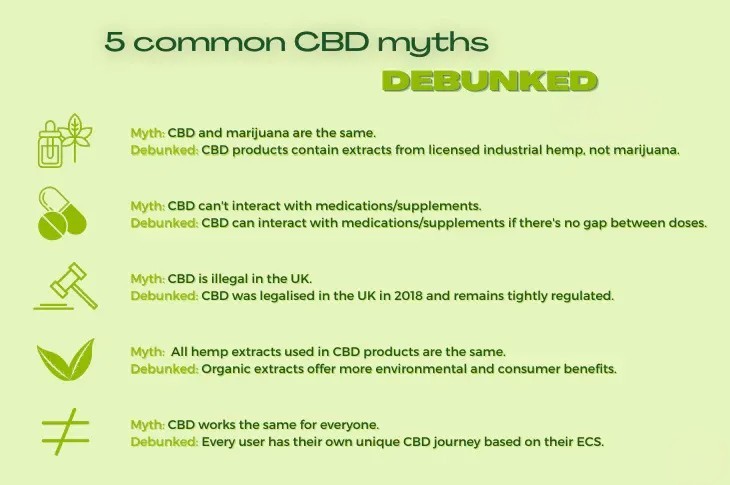
Myth 4: All hemp extracts used in CBD products are the same
While it’s true that all natural CBD products contain hemp extracts, all hemp extracts are not the same. They can differ in factors like quality, safety, and their environmental impact, among many others. This typically depends on whether the extracts come from organic or non-organic hemp. From a consumer perspective, organic hemp is higher quality, safer, healthier, and more natural than non-organic hemp. In terms of the environment, it offers improved biodiversity, reduced impact on surrounding air and water quality, improved soil quality, and contributes to sustainability efforts. This is due to the omission of harmful chemicals found in artificial fertilisers, pesticides, and other additives. At Simply CBD, we source all of our products from organic, high-grade Dutch hemp.
Myth 5: CBD works the same for everyone
While some users may feel similar benefits from CBD, each person’s CBD journey is entirely unique to them. This is because everyone’s endocannabinoid system is different, which causes people to have different reactions to CBD products. We typically provide the same starter advice for each user, but the journey they go on from there is entirely dependent on how their bodies react to CBD. For example, we advise that all new CBD oil users start with a low dose oil and take one drop three times per day. Users can then build by one drop per interval per week, meaning week two would entail taking two drops three times per day. We then advise that users continue to build up their dose in this way until they begin feeling benefits, at which point they should stop increasing. The dose that begins to provide benefits is known as a user’s ‘sweet spot’, and we always advise sticking to this dose for best results.

